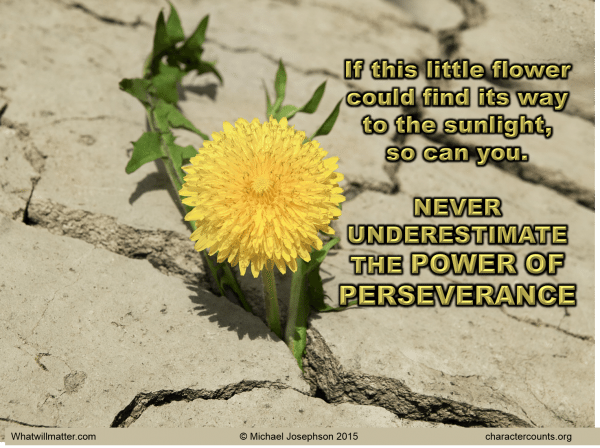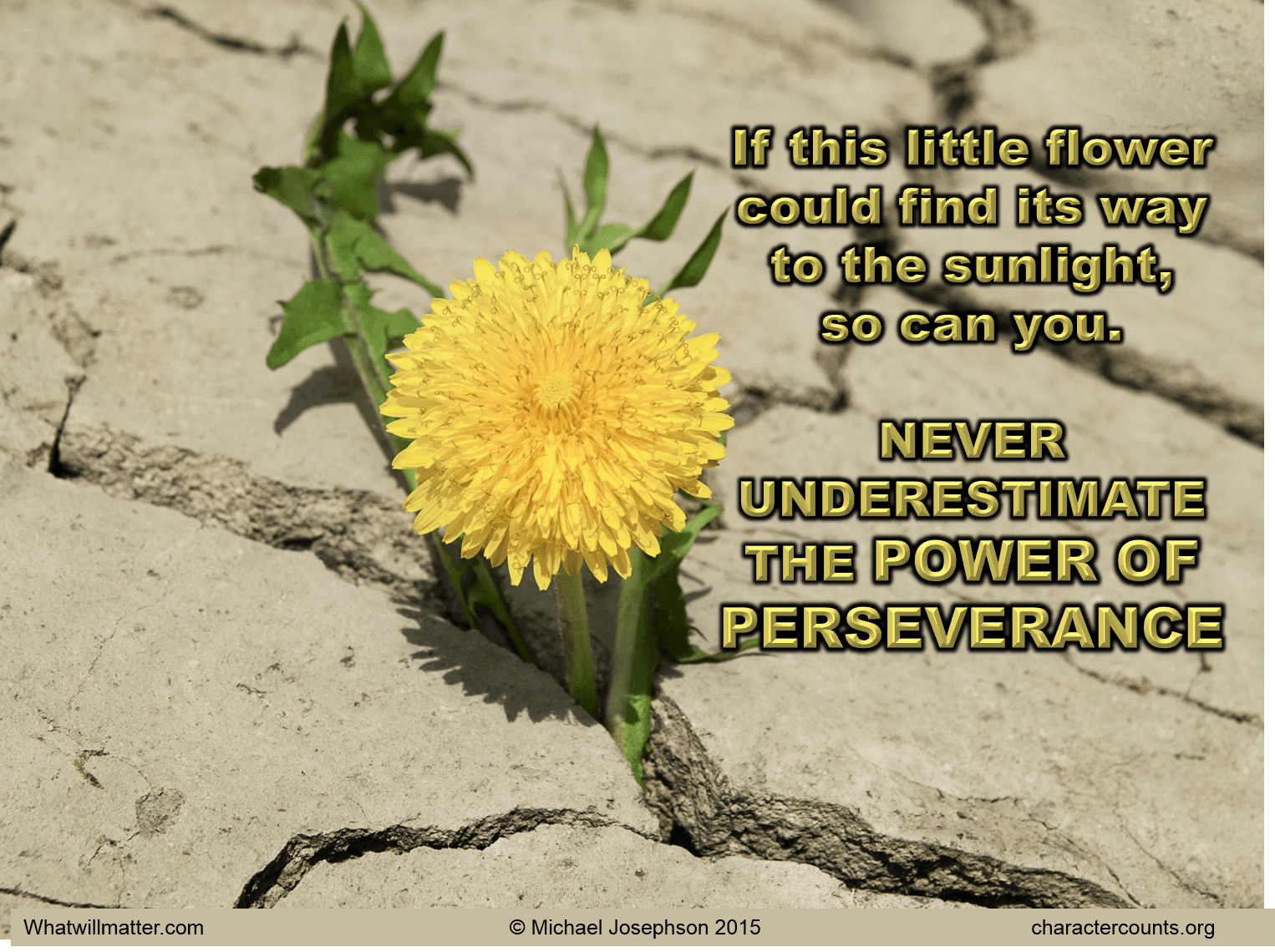Revised 8/8/15
I once heard a story about an emergency medical technician I’ll call Jake who was summoned to help an unconscious woman. When he arrived, she had no pulse. From her color and dilated eyes, he could tell she’d suffered serious brain damage.
Still, he did his job exceptionally well, trying over and over to restart her heart. She finally regained consciousness.
Her family kept in touch with him, and he eventually learned the woman had emerged from the ordeal permanently blind, paralyzed, and unable to talk. Jake brooded about his decision to save her, wondering if he had thwarted nature’s plan, imposed a terrible burden on her family, and traded eternal peace for years of suffering and indignity.
His painful doubts darkened his life for many years – until the day he received this note from the woman’s son:
“Mom died last week, and I want to thank you for giving me so many extra years with her. Although at first I felt only grief, I came to find peace and gain strength from my time with her. Every day I’d hold her hand and tell her about my accomplishments and problems. I could always feel her strong pulse, and I came to know that she talked to me through her heart. With every beat, she sent me love and encouragement. I treasured our time together.”
Jake’s professional skill had restarted the dying woman’s heart, and her son’s gratitude and willingness to express it had repaired Jake’s self-inflicted wound to his own heart.
This story is more about attitudes than actions. The quality of our lives is determined not so much by what we do or what’s done to us but by how we choose to think about our situation. The decision of the woman’s son to treat the extra years as a blessing rather than a curse not only allowed him to extract genuine joy from a horrible situation but his decision

to thank Jake changed his perception of what he had done and confirmed that his moral duty was always to do all the good he knew how to do even when the ultimate result is uncertain.

